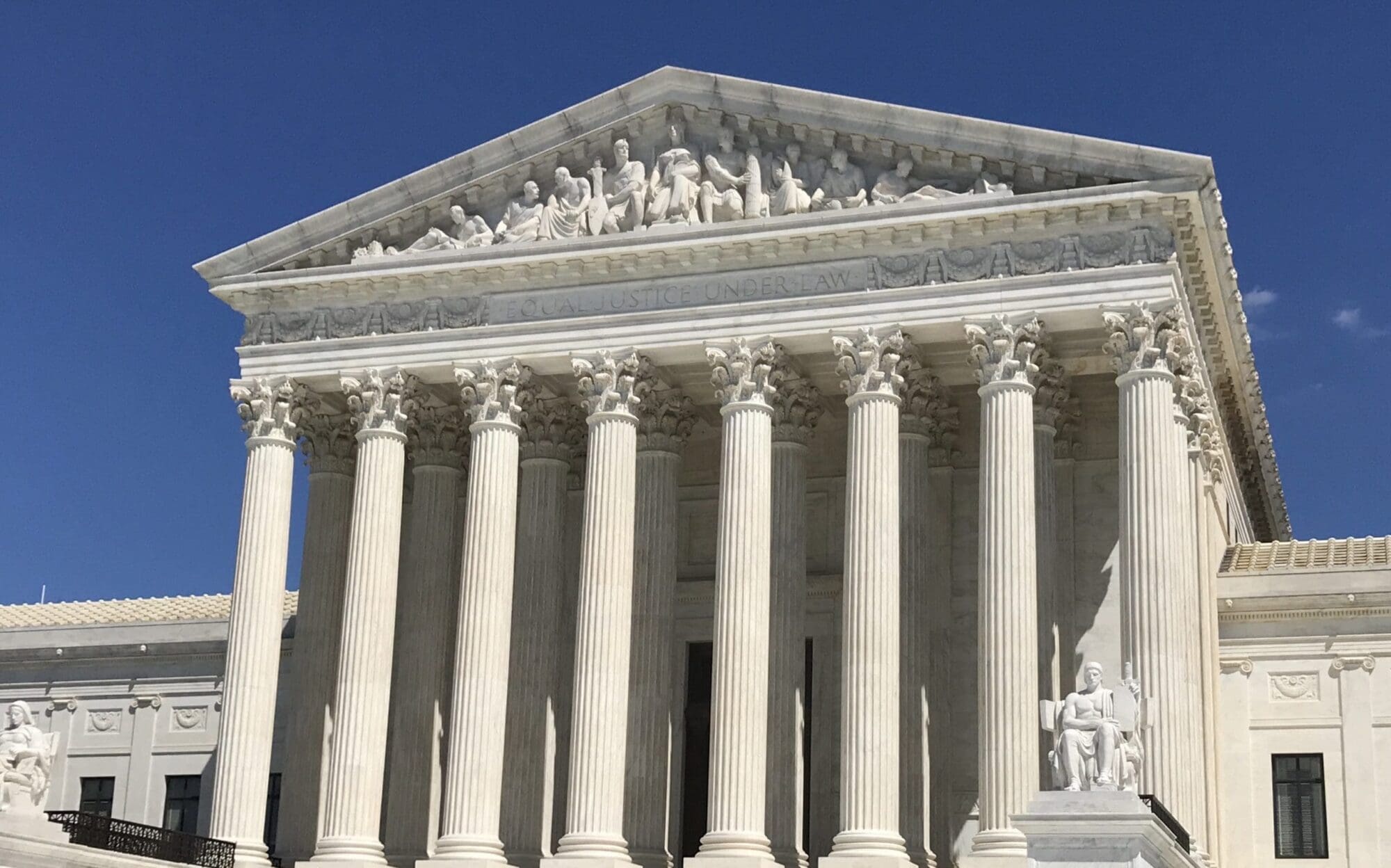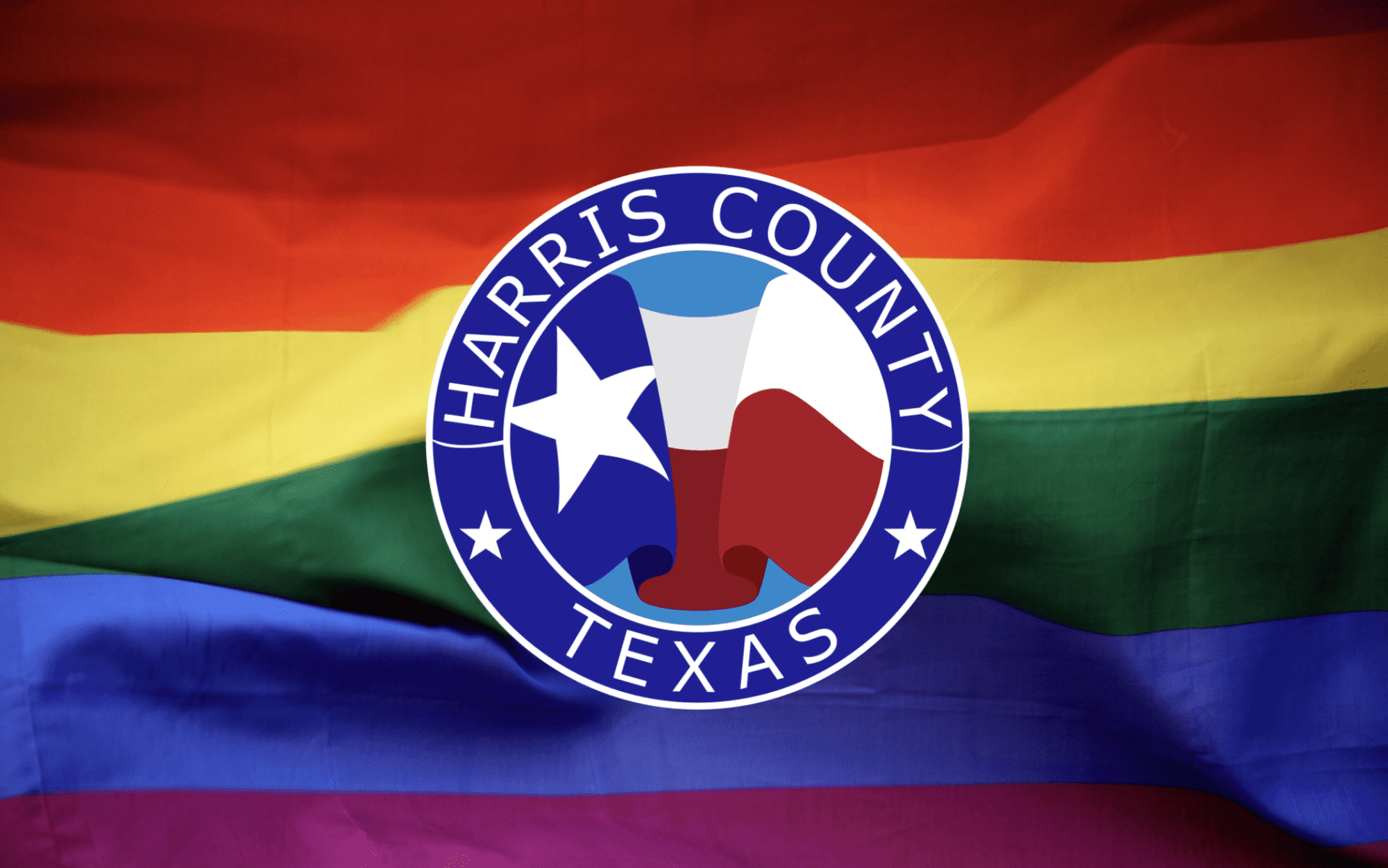Texas went before the U.S. Supreme Court this week to defend the state’s age verification law enacted in 2023 to protect children from the harmful effects of online pornography.
The porn industry challenged the state law in federal courts, claiming the verification requirement unduly burdens the First Amendment rights of adults who want to view X-rated content online.
All parties agree that states have a compelling interest in protecting kids from adult content.
The legal question before the Court on Wednesday was what level of judicial review should apply to the Texas law, which burdens adults’ access to First Amendment-protected speech in the process of protecting minors from sexually explicit content.
Content-based regulations of speech are generally subject to strict scrutiny, the most stringent level of review.
Multiple states have enacted age verification laws to protect kids from online porn.
Texas Solicitor General Aaron Nielson argued that today’s age verification methods are “simple, safe and common, including non-identifying means.”
Neilson told Justices that “even if heightened scrutiny applies, Texas easily satisfies it, especially facially. We’ve tried content filtering for decades, and the problem has only gotten worse.”
Attorney Derek Shaffer represented a consortium of porn industry petitioners seeking to block the law, including the Free Speech Coalition and the parent company of Pornhub—the largest online platform for sharing sex videos.
Shaffer argued that the Texas law is not “properly tailored” and that the state should impose a “lesser burden” of requiring content filtering on devices used to access the internet.
“We’ve conceded that there is a compelling interest here,” Shaffer told the justices. “The question will always be, has government tried to do this in a way that is not unduly burdening adults and is truly protecting kids?”
Justice Brett Kavanaugh noted that any less restrictive alternative to age verification must serve the state’s interest “to the same degree” for the plaintiffs’ argument to hold.
The Texas Legislature passed the age verification law, known as House Bill 1181, in 2023 with near-unanimous bipartisan support.
The law requires commercial porn websites to use “reasonable” methods to verify that viewers are at least 18 years of age before they access X-rated content online. Violators face hefty fines.
In August 2023, Pornhub sued Texas along with other pro-porn plaintiffs to keep HB 1181 from taking effect.
A federal district judge sided with porn industry plaintiffs, ruling that the law to protect minors from accessing adult content likely violates the First Amendment, and granted a preliminary injunction blocking enforcement of the law while the case is litigated.
The judge found HB 1181’s age-verification provisions “considerably more intrusive while less effective than other alternatives” and concluded they did not withstand strict scrutiny.
Texas appealed to the U.S. Fifth Circuit Court, which applied a rational-basis review and stayed the lower court’s injunction in November 2023. That allowed Texas to enforce the age verification law while litigation proceeded.
In response, Pornhub shut down access to its site in Texas, as it has done in other states that passed age verification laws. Other X-rated sites agreed to pay a fine and comply with Texas law.
Shaffer’s clients want the Supreme Court to restore the district court’s preliminary injunction that blocked enforcement of the law.
Kavanaugh said the Court would have to determine that the porn industry plaintiffs are likely to succeed to rule in their favor.
Multiple amicus briefs were filed on both sides of the case.
A brief filed by the United States noted that the advent of the Internet has allowed “commercial purveyors of pornography” to make an “unprecedented amount of sexually explicit material—including hardcore pornography—accessible to children with unprecedented ease.”
Brian Fletcher, a deputy solicitor general with the U.S. Department of Justice, argued before the Court that Texas’ age verification law should be subject to strict scrutiny because it imposes a content-based burden on speech that is protected for adults. He also argued that states (and Congress) should be able to restrict the distribution of pornography to children online—including through age verification—as long as adult access is not burdened more than necessary to exclude children.
The Justice Defense Fund, a nonprofit that fights online sex trafficking, submitted an amicus brief providing the Court with evidence that sites like Pornhub profit from distributing filmed sexual crimes like child abuse, rape, and sex trafficking.
JDF co-founder Laila Mickelwait, who authored the book “Takedown,” calls Pornhub’s website a “crime scene.”
According to the JDF brief, court rulings on age verification laws have indicated “a fundamental lack of understanding about the recent changes to the nature of the pornography industry.”
“The ‘Free Speech Coalition’ seeks to exploit this ignorance by dressing itself up as merely protectors of the Constitution, when it is in fact equivocating on the term ‘free speech’ and thereby, cloaking unprotected criminal activity,” the brief reads.
Other amicus briefs supporting the Texas law were filed by Jaco Booyens Ministries and The Matthew XVIII Group, organizations dedicated to stopping sexual exploitation of children.
“In Texas, we will protect our children and hold pornography companies accountable for the illicit content they distribute online. Texas’s law does exactly that, by requiring porn sites to institute reasonable and non-burdensome age verification measures,” Attorney General Ken Paxton said following Wednesday’s oral arguments before the Court.
Paxton said he is “confident that the Supreme Court will uphold the law’s constitutionality and side with Texas in protecting minors from harmful obscene content.”
Texas will continue to enforce its age verification law against online porn sites while awaiting the Court’s ruling.
Audio of Wednesday’s oral arguments can be found on the Supreme Court website.
A transcript is also available online.
Documents filed in the case can be found here.





